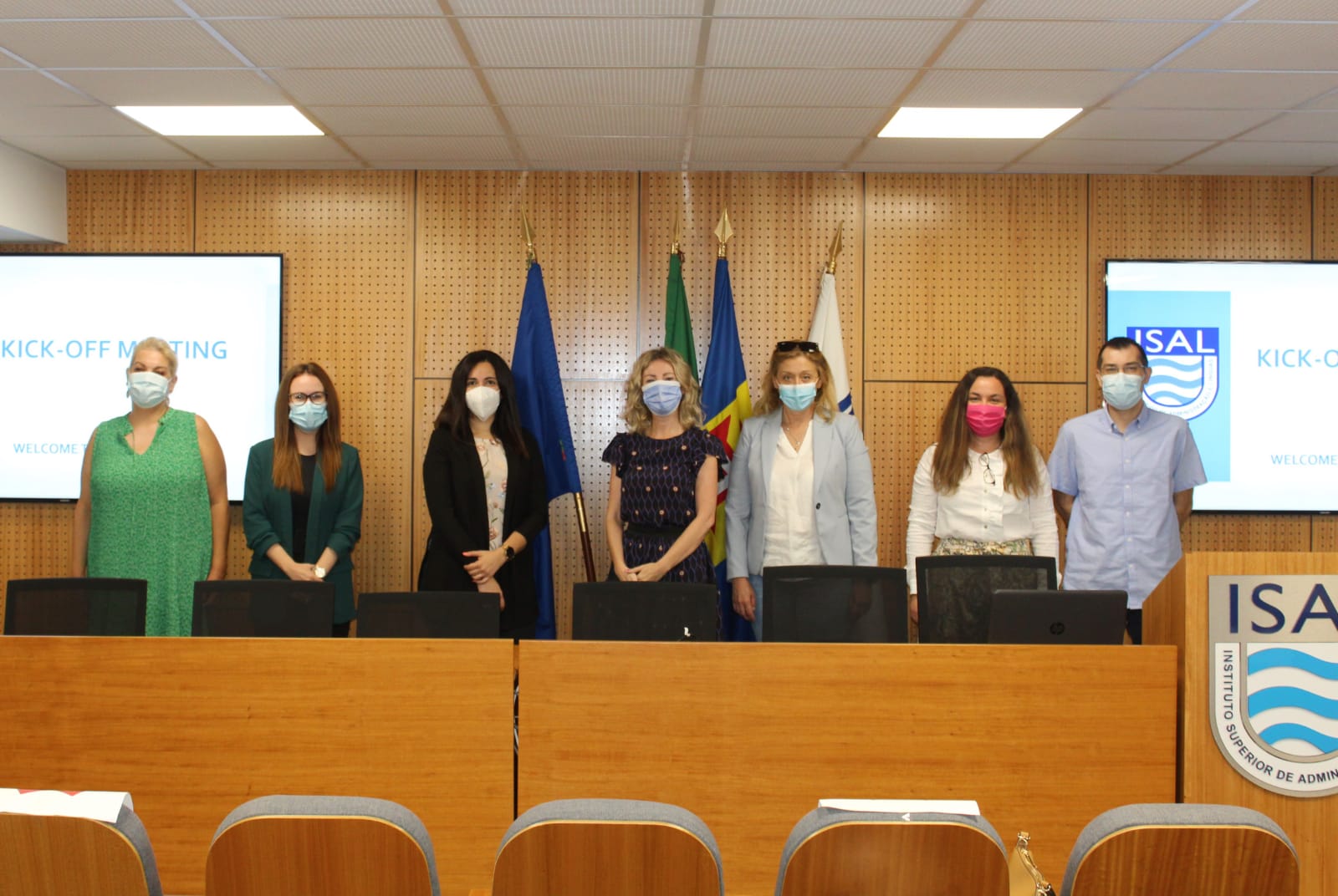Intellectual Outputs
Intellectual output 1
The first intellectual output that will be developed during the initial phase of the project involves the intersectoral needs analysis. The need for this IO was triggered by the small-scale pilot survey conducted at the three partner universities among students, teachers and industrial partners (around 100 responses were collected in total) that showed the need for developing a course in communication skills in a digital, international environment. Especially students are aware that the future of professional communication involves intersectoral, intercultural aspects, as the digital era has additionally been reinforced by the consequences of the global COVID-19 pandemic. Therefore, we believe that a systemic, thorough needs analysis should be carried out before the project team starts working on the teaching curriculum and teaching materials, for the purpose of assuring that all nuances of the stakeholders’ needs as related to intersectoral, intercultural communication in a digital environment are taken into account. The target groups of this research will be students of various study programmes, teaching staff and companies / industrial partners in the three project partners’ countries. A questionnaire will be developed for the identified target groups and the results of the questionnaire will be statistically analysed and presented in the form of a research paper that will be published on the project website and presented in LIC and LSP conferences and / or various dissemination events. Descriptive and inferential statistics shall be used for the purpose of data analysis. This IO is innovative because it will present fresh results of the needs of target groups as related to intersectoral, intercultural communication in a digital setting, which is a popular topic among academic staff now, but still the actual research results are relatively scarce.
Intellectual output 2
Based on the small-scale pilot study it is clear that all target groups (students, teachers, industrial partners) share the opinion that it is necessary to develop a course in Intersectoral communication skills in a digital, intercultural environment. Upon completing the research paper and analysing the data in the scope of IO1, the project team will use the aforementioned data and results as a foundation for working on IO2 and IO3. The target groups in IO2 are students, LIC teachers and industrial partners. Of the aforementioned target groups, in IO2 a special emphasis will be put on collaboration with industrial partners, who will be asked to review the initial version of the course curriculum in Intersectoral communication skills in a digital, intercultural environment and provide the INCLUDE project team with invaluable insights into the perspective of prospective employers of our students. The course curriculum shall involve research-based learning outcomes and the description of the course content (reviewed by the industrial partners), as well as assessment tools and methods. This IO is innovative because it will provide LIC teachers around the EU and wider to include similar content in their existing or new communication skills courses.
The main focus of the course relates to:
– self-presentation and presentation skills in a foreign language using videoconferencing applications,
– impression management in a global, intercultural, digital environment,
– preparing an effective CV and job application,
– aspects and specifics of verbal, non-verbal and paraverbal communication during online job interviews and business meetings in intersectoral, intercultural setting,
– intersectoral specifics of communication in a digital environment (e. g. nurses working in the hospitality sector, engineers working in the hospital setting), – digital communication skills in a global labour market.
Intellectual output 3
– online teaching and training events for 30 students from the three partner institutions (a minimum of 50 % of the selected students should be students with fewer opportunities; students with fewer opportunities will have priority as one of the most important aspects of this project is inclusion),
– development of video clips in the English language containing tips and tricks related to examples of proper and improper implementation of communication skills in a digital, intersectoral, intercultural environment,
– development of teaching materials in English, Croatian, Greek and Portuguese – teaching handbook according to the course curriculum (IO2) with examples of lesson plans in the form of a handbook shall be prepared and it will be accompanied by the video clips produced by students participating in the project.


